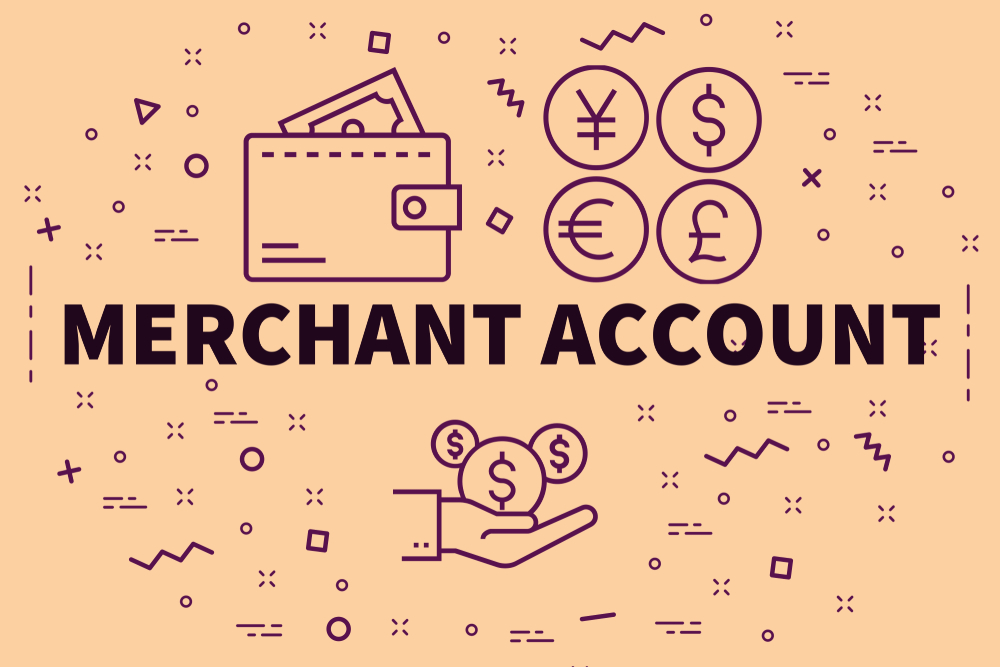What is Invoice Factoring and How is it Used?
Invoice factoring or invoice finance, as it is also referred, is how a businesses can generate cash quickly by using it’s to-be-paid invoices as collateral, the finance company will make a small charge for the privilege and your business can concentrate on growing rather than waiting for customers to pay.
Imagine the following scenario; You run a small business. You provide your customers with services or goods. In order to get paid, you raise invoices for those services or goods. And then you wait. While you’re waiting, new business opportunities are missed and chances for expansion slip by. When your customer does finally make payment, your business is, at best, in exactly the same position that it was when you first raised the invoice.
Any small business that wants to grow needs to be able to react quickly to changes in the market and to seize new opportunities as soon as they arrive, and that means having access to ready cash. Yet for most small businesses the largest asset that the company has at any one time is its unpaid sales invoices: money that has already been earned, but not yet received. The extended period between the time the invoice is raised and the point at which the customer pays can be a trying time for any business, and it can severely damage a company’s ability to expand or evolve. The solution? Invoice factoring.
Invoice factoring explained
Invoice factoring is a service provided by lenders, or factors, that gives your business immediate access to the cash you’ve already earned. Factors are able to advance you as much as 95% of the value of an invoice immediately it is raised. The factor later receives payment from your customer, and then pays you the outstanding amount, minus the advance and their fees. It’s a much more fluid way of managing cashflow than traditional business loans which can take longer to secure.
When entering an invoice factoring agreement, your business is in effect selling its invoices to a third party: the factor. This factor is able to manage your sales ledger, handle credit control, provide payment collection and bad debtor protection. You get more time to focus on income generative activities and a large percentage of the invoice’s value as soon as it is raised: a standard agreement will provide 85%, some factors will go as high as 95%.
The advantages of invoice factoring
The two key plus points of entering into an invoice factoring agreement are time and money. Having access to the majority of an invoice’s value as soon as it is raised will greatly improve your company’s cash flow, enabling you to deal with outstanding debts promptly and to take advantage of any business opportunity that arises without delay.
Because factors also take over the administrative side of your company’s payment collection process, there is the chance for you to spend more time doing the things that bring money into your business, including attracting new clients and improving on the standard of the company’s core operations.
Things you should know about invoice factoring
Invoice factoring requires comparatively little personal security, this is because it is secured against future income, i.e. cash that your business has already earned. As such, invoice factoring is available to many start-up businesses – precisely the kind of companies that can get most benefit from having instant access to earnings. Factors tend to offer rolling contracts, and the exact amount of finance offered will be in line with turnover.
In order to qualify for invoice factoring, your business will need to raise invoices, be UK based, have a projected turnover of at least £50,000 (although this may vary) and provide credit terms between 30 and 120 days. Invoice factoring works particularly well with businesses that have very few invoice queries or disputes. It’s worth bearing in mind that the factor will be dealing with your customers directly, so it’s important to choose a factor that you believe you can trust to maintain a good relationship with your client base.
Categories: Advice, Business Loans, Finance, Invoice Factoring




